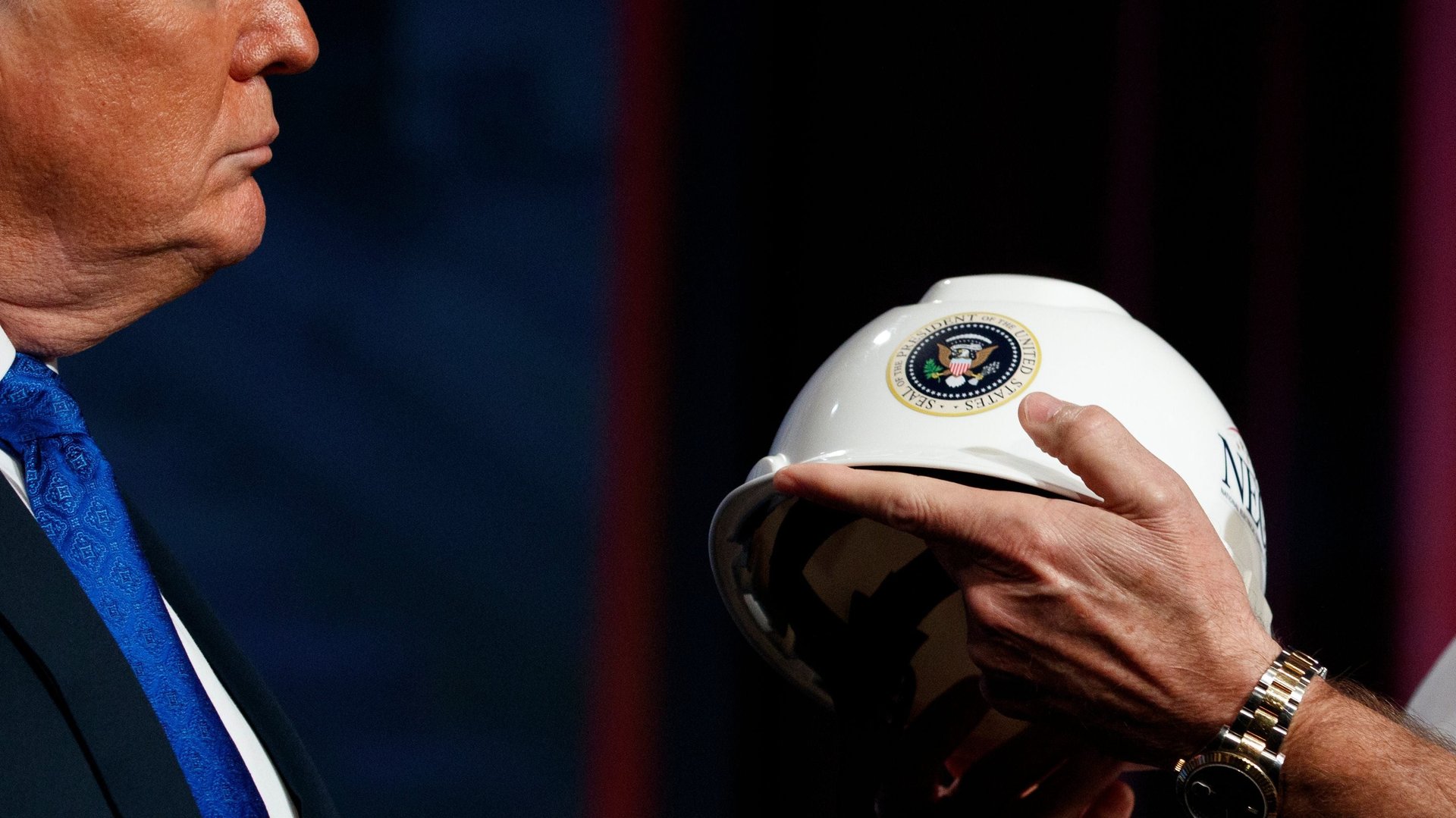Your job is a good indicator of your politics
Here’s a safe assumption: People donate to candidates who reflect their own politics.


Here’s a safe assumption: People donate to candidates who reflect their own politics.
This simple premise led Stanford academic Adam Bonica to analyze over 100 million US state and federal donations to determine the political ideology of people who work in certain industries. Bonica gave people liberal or conservative ideology scores based on the politics of the candidates they contributed to. Election agencies require donors to give their name, address, occupation, and employer when giving money to campaigns.
While his research was originally published in 2013 (paywall), Bonica ran the numbers again for us, this time focusing on giving from 2014 to 2018. In order to make sure the ideology score was robust, only people who gave $200 to at least two candidates were included in his analysis.
Left-aligned industries include creatives, employees of colleges and universities, publishers, and tech workers. The oil, gas, and coal industries are ideologically skewed in the other direction, as are workers in agriculture and mining.
In his original paper, Bonica expressed surprise at the extreme political lean in certain occupations. “In some industries,” he wrote, “ideological sorting easily exceeds the levels of sorting observed along geographic or economic lines.”
Quartz also honed in on the political contributions made during 2014, the previous midterm elections. We mapped the median ideological score of an occupation’s individual contributors against their median contribution amount. We included occupations which appeared at least 1,000 times in the data.
Using the median tells only a simple statistical story, but there’s still an interesting pattern that emerges. Just over half of the left-leaning occupations had median donations under $100. On the other side of the spectrum, not a single conservative-leaning occupation had median donations under $100.
This work is a great reminder of why politicians tend to court particular industries. That hard-hat photo op isn’t just about the votes.